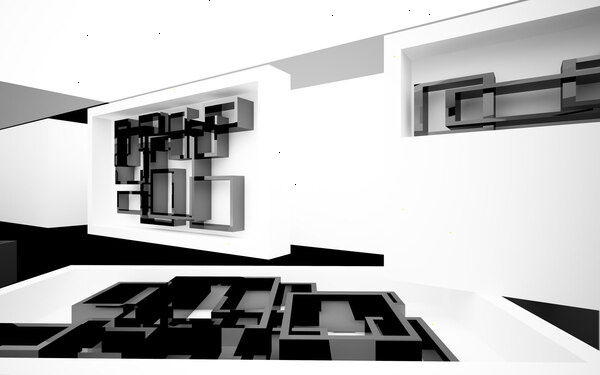Sustainable Building Practices for the Future
As we progress further into the 21st century, the importance of sustainable building practices becomes increasingly paramount. With the ongoing challenges posed by climate change, resource depletion, and urbanization, it is essential to innovate and adopt construction methods that not only minimize environmental impact but also create healthier living environments. This article explores several key sustainable building practices shaping the future of construction.

One of the primary considerations in sustainable building is energy efficiency. Buildings account for a significant portion of global energy use, making it crucial to design structures that minimize consumption while maximizing renewable energy use. Integrating energy-efficient systems, such as LED lighting, high-performance insulation, and energy-efficient HVAC systems, can substantially reduce a building's carbon footprint. Moreover, incorporating renewable energy sources, such as solar panels, wind turbines, and geothermal systems, into building designs helps to shift the dependency from non-renewable energy sources to more sustainable options.
Material selection plays a vital role in sustainable construction. The use of locally-sourced, recycled, and sustainable materials not only reduces the environmental impact of transportation but also supports local economies. Reclaimed wood, recycled metal, and eco-friendly concrete alternatives like hempcrete and ashcrete are increasingly popular choices. These materials often have lower embodied energy—a measure of the energy consumed during their production—and can be more durable and healthier for occupants.
Water conservation is another crucial aspect of sustainable building. Innovative water-saving technologies, such as rainwater harvesting systems, greywater recycling, and efficient plumbing fixtures, help reduce water use and wastewater discharge. Implementing such systems is especially important in water-scarce regions where sustainable water management practices are essential for community resilience.
Incorporating green spaces and biophilic design elements into buildings can significantly enhance the quality of indoor environments. Green roofs and walls, as well as gardens and natural ventilation, not only improve air quality but also promote biodiversity and contribute to the well-being of occupants. These features can mitigate the urban heat island effect and increase the overall energy efficiency of buildings.
Passive design strategies are another vital component of sustainable building practices. By optimizing building orientation, window placement, and thermal mass, passive design can significantly reduce the need for artificial heating and cooling. These methods help maintain comfortable indoor temperatures throughout the year by harnessing natural sunlight, shade, and ventilation.
Furthermore, a holistic approach to sustainable building emphasizes the entire life cycle of a building, from design and construction to operation and eventual deconstruction or repurposing. Life cycle assessment tools can guide decision-makers in evaluating the environmental impact of every stage, ensuring that sustainability is prioritized from the ground up.
Lastly, the integration of technology in building management systems can play a crucial role in enhancing sustainability. Smart buildings equipped with sensors and IoT devices can monitor energy use, predict maintenance needs, and adjust systems in real-time to optimize efficiency and reduce waste.
In conclusion, the future of the construction industry lies in the adoption of sustainable building practices that prioritize energy efficiency, sustainable materials, water conservation, and holistic life cycle management. By embracing these changes, we can build not only structures but also communities that are resilient, environmentally responsible, and conducive to the health and well-being of their inhabitants, making sustainable building practices not just an option, but a necessity for the future.